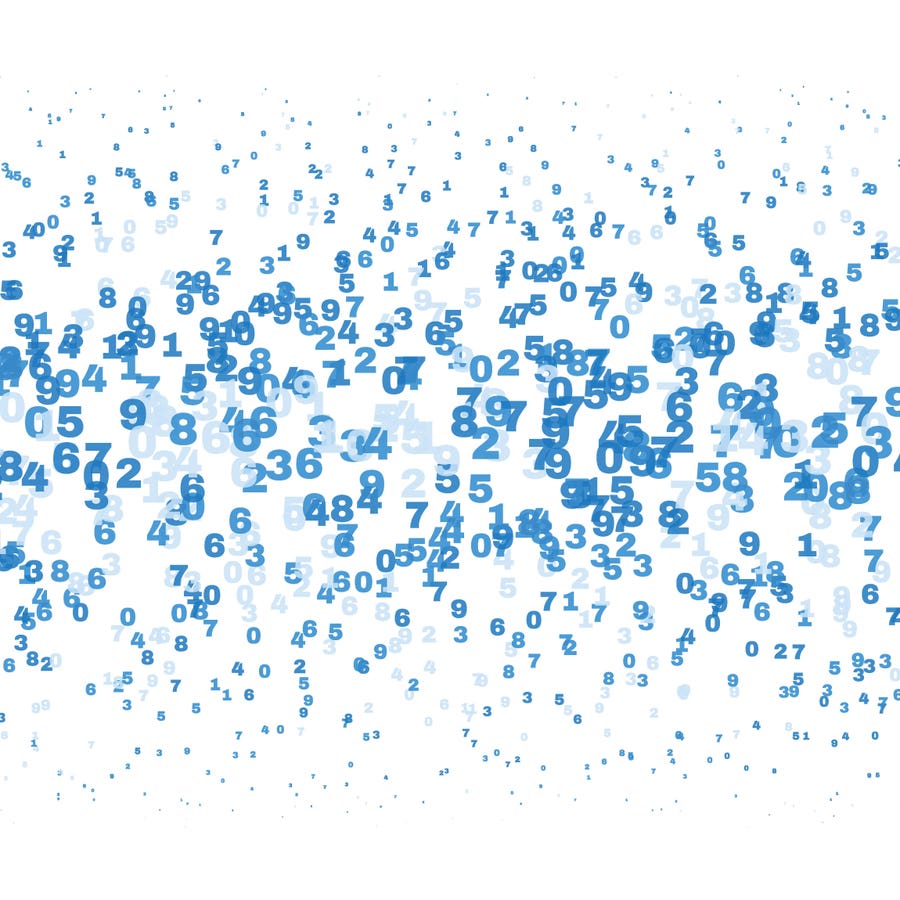Smart decision-making in modern industries is heavily reliant on data, but the accuracy and effectiveness of the results are directly impacted by the quality of the data used for analysis. Considering the importance of selecting the right data sources, 20 members of the Forbes Technology Council have shared important steps to follow in order to ensure that the analysis is enlightening and not misleading. These steps include seeking out comprehensive data, measuring against a known good dataset, ensuring the dataset is fully representative, taking a ‘decision back’ approach, augmenting primary data as needed, and requesting data tests from multiple vendors.
The members of the Forbes Technology Council emphasize the importance of selecting relevant and critical data sources for analysis, as including biased data can skew the results. They also stress the necessity of ensuring the quality of the data by checking for duplicates, standardization, and missing attributes. Enriching the data with third-party data, such as point of interest data and demographics, can lead to better insights. Additionally, starting with a known good dataset for measurement is crucial, as it allows for a comparison to ensure the highest quality solution is being used.
When selecting data for analysis, it is important to ensure that the dataset is fully representative of the system being measured and evaluated. Skewed data can lead to inaccurate conclusions, so it is essential to avoid biases in data collection. Taking a ‘decision back’ approach, where the business problem is the starting point rather than the data, can lead to a greater impact on the business. Augmenting sensor data with other sources in a manufacturing environment can strengthen and balance observations for model-building and improve insights.
Another key consideration is the relevance and reliability of the data being used for analysis. Choosing data sources that fit the intended purpose, rank highly in terms of suitability, quality, and compliance, and are traceable can impact the quality of insights derived. Ensuring that the data is truly ‘available’ and paying attention to information content, accuracy, and timeliness are also important factors to keep in mind. Clean and normalized data is essential for effective data analysis, as the quality of the data directly affects the quality of the results.
Ethical considerations, such as privacy, anonymization, and consent, must be taken into account when selecting data sources. Compliance with ethical standards and regulations, such as GDPR, CCPA, and HIPAA, is crucial to avoid legal trouble. As data drives real value, organizations should seek out the ‘unsexy’ data that might be buried within their systems or come from overlooked sources. Overall, being thorough and diligent in selecting data sources is key to ensuring the accuracy and effectiveness of data analysis in modern industries.


